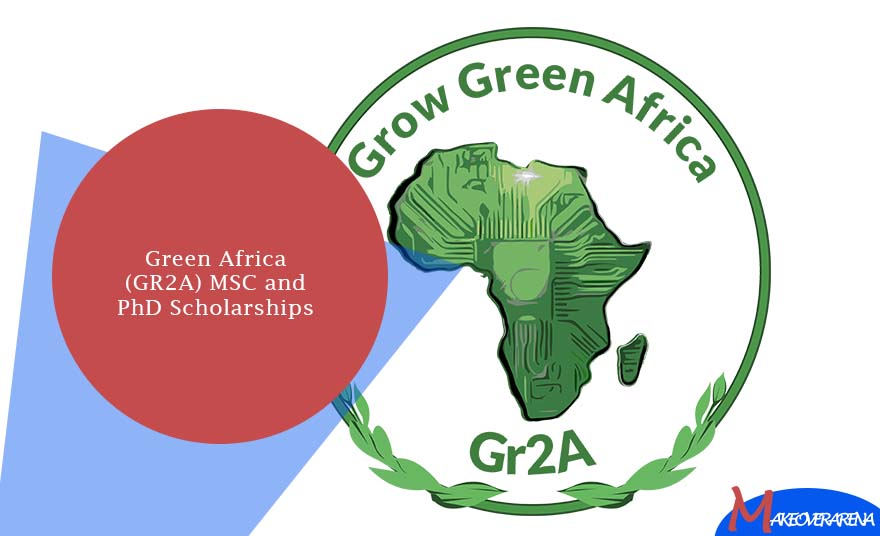
The Green Africa (GR2A) project is now accepting applications for MSC and PhD scholarships in Green Computing as part of the Intra-Africa Academic Mobility Scholarship program.

This scholarship opportunity offers a unique chance for African students to contribute to sustainable development through advanced studies in green computing and related fields.
Scholars will not only enhance their skills and knowledge but also contribute to addressing critical environmental challenges facing the African continent.
Project Overview
The scholarship program is ambitious in its scope, offering support for 10 PhD students, 35 Master of Science students, and 8 trainees from the Southern African region. Moreover, the project facilitates the mobility of 15 staff members from the participating institutions, fostering knowledge exchange and collaboration across borders.
One of the most compelling aspects of the GR2A project is its multidisciplinary approach to sustainability. The scholarships cover a range of fields, including Green Mining, Renewable Energy, Geographic Information Systems (GIS), Early Weather Detection, and Green Agriculture.
Fields of Study
Scholarships are available for various disciplines related to sustainability, including:
- Green Mining
- Renewable Energy
- Geographic Information Systems (GIS)
- Early Weather Detection
- Green Agriculture
Participating Institutions
Five esteemed African institutions are part of this program:
- The National University of Science and Technology (NUST), Zimbabwe
- Cooperative Education Unit – Namibia University of Science and Technology (NUST Namibia)
- The Copperbelt University – Ecampus (CBU) of Zambia
- Rhodes University (RU) of South Africa
- The University of Eswatini (UNESWA)
Eligibility Criteria
The GR2A scholarships are open to two target groups:
- The first group includes African nationals or residents who are enrolled in or have graduated from a higher education institution that is part of the GR2A consortium.
- The second group encompasses African citizens and residents enrolled in or graduated from higher education institutions outside the consortium or similar institutions.
This inclusive approach ensures that a wide range of talented individuals can benefit from this opportunity.
Application Process
- Confirm your eligibility based on target groups and make that your area of interest is covered by GR2A.
- Apply for admission via the application process of your chosen host university.
- Review the GR2A prospectus thoroughly.
- Submit all required documents in English.
- Understand the requirements and selection criteria.
- Complete and submit your application form.
- After Acceptance: Successful applicants will receive an offer letter and pre-departure information from their host institution. The host university will guide for preparing for the academic journey and stay.
For more information, go to the official website at https://gr2a.org/applications/
Application Deadline
31 July 2024.
Frequently Asked Questions
Who is eligible to apply for the GR2A scholarships?
The scholarships are open to African nationals and residents who are either enrolled in or have graduated from institutions within the GR2A consortium, as well as those from institutions outside the consortium.
How many scholarships are available?
The project offers scholarships for 10 PhD students, 35 Master of Science students, and 8 trainees.
Is there a European partner involved in the project?
Yes, the University of Turku (UTU) in Finland serves as the European Union partner, providing technical leadership.
What happens after a scholarship is awarded?
Successful applicants receive an offer letter and pre-departure information from their host institution to prepare for their stay and academic journey.
How does the GR2A project contribute to addressing climate change?
By equipping students with green computing competencies, the project supports the development of innovative solutions relevant to Africa’s climate change challenges.

Good